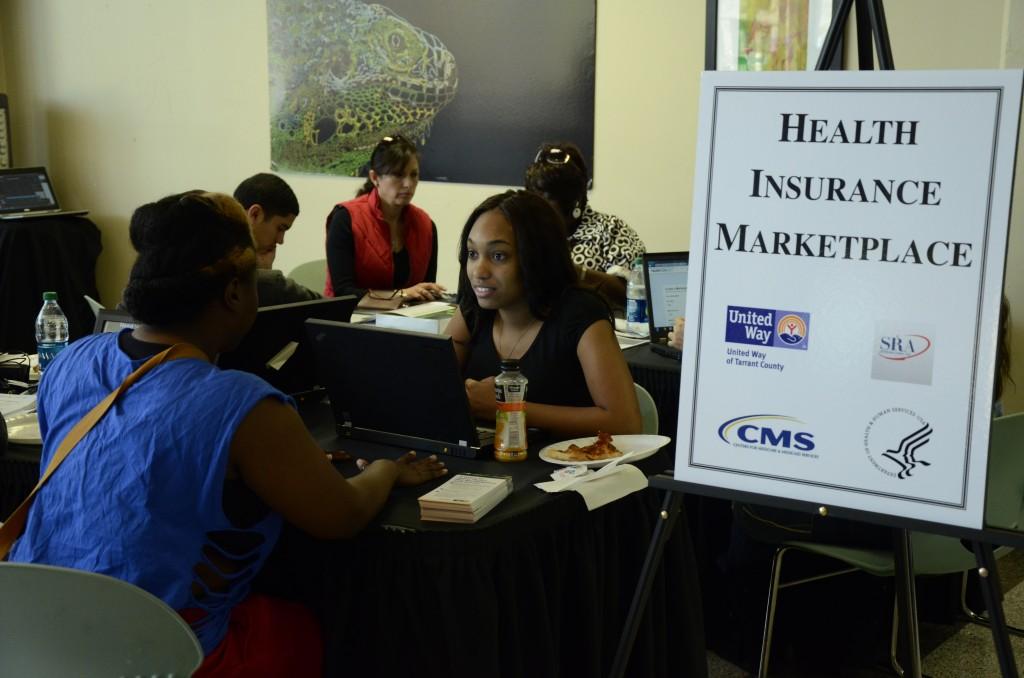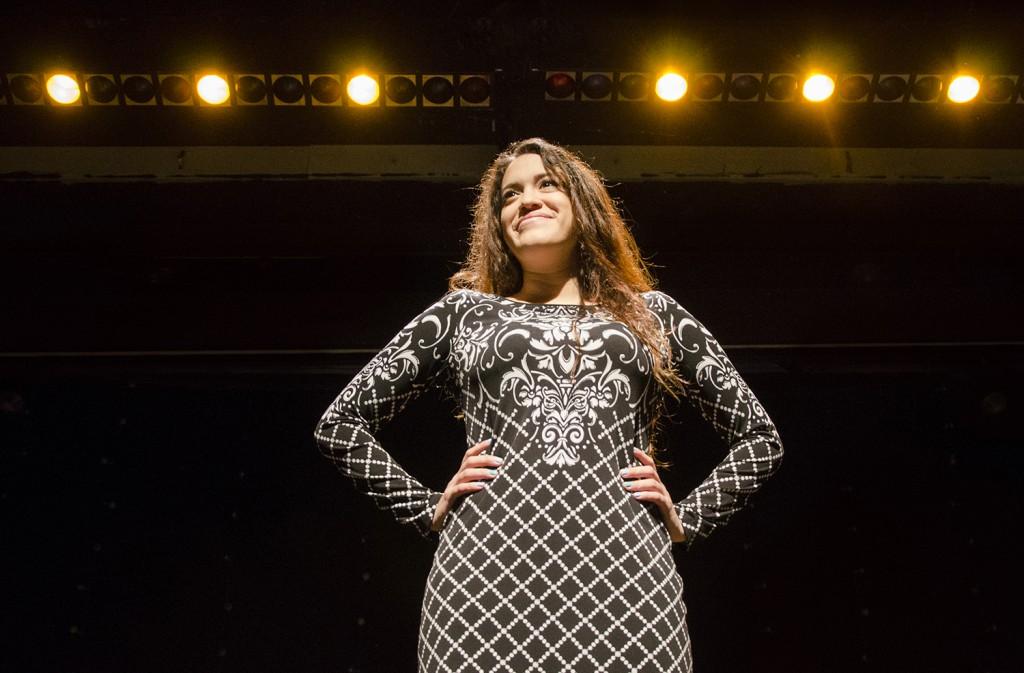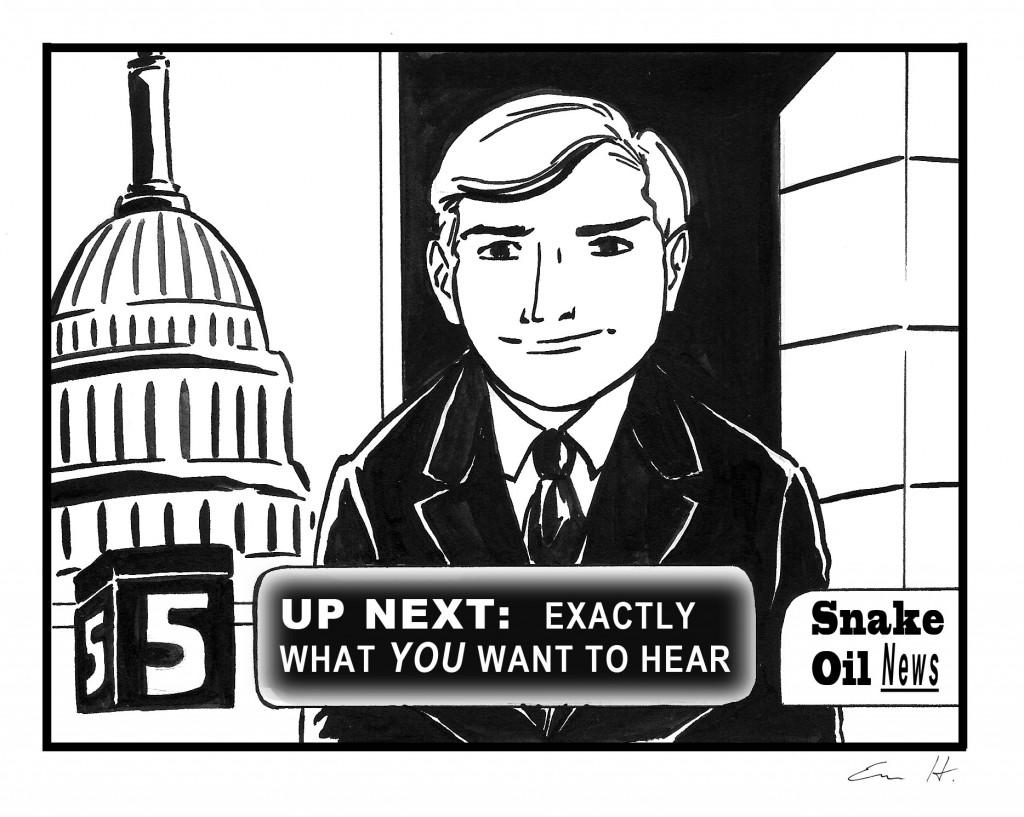By Erin Ratigan/tr news editor
Four TR Campus student organizations fought to persuade judges March 20 in an inter-club debate hosted by the Socratic Club.
The Drama Club and campus chapters of Phi Theta Kappa and Sigma Kappa Delta took part.
Each round addressed a different topic ranging from philosophical morality to the justification for ending a life. Two teams were pitted against one another, and their positions were determined by a random draw. Both clubs were allowed five minutes at the beginning of each round to prepare opening statements and one minute for responses.
At the end of the evening, it was Sigma Kappa Delta that reigned supreme with judges citing Schwab’s use of logic and tactical responses as the deciding factor.
Socratic Club vice president Joshua Russell agreed with the judges, saying Schwab’s debate style was his favorite part of the evening.
“His opening statement was very strong,” he said. “I loved his rhetoric. I loved the arguments that he made.”
The first question was directed to the Drama and Socratic clubs and asked whether TCC should present students with the results of its research into student success rates.
Representing the Drama Club, TR student Erica Rivera argued in opposition, saying any research associating student success with factors like race, gender and economic status could harm students’ confidence.
“Some students are very confident in their ability to finish school,” Rivera said. “Other students who have a different background, they’re not as confident.”
At the end of the first semifinal, the drama club’s strong closing statement won over judges.
Moderator Mark Anderson, a TR philosophy instructor, said debating is a skill that students will find useful, especially when interviewing for jobs.
“This is a sort of thing they’re going to need to be able to do in the future,” Anderson said. “Much of success in life will involve how you can present yourself to other people.”
As the debate progressed, topics became more controversial, and judges became equally involved in debating the issues.
History instructor Ruth Engel was one of the judges. Though she had never judged a debate before, she said she enjoyed the experience.
“From a judge’s standpoint, I really enjoyed discussing and seeing what popped out to each of the other judges,” she said.
What also stood out to her was how participants worked through each problem.
“I enjoyed watching the individual debaters think on their feet,” she said. “You can see ideas come to them as they work their way through it.”
During the second semifinal, Sigma Kappa Delta and Phi Theta Kappa were asked whether an NSA agent would be justified in killing the family of a known terrorist to save millions of potential victims.
After extensive discussion among judges, Sigma Kappa Delta’s Phillip Schwab won the round with his arguments in favor, drawing strong criticism from a member of the audience. After the spectator and judges debated the impartiality of the ruling, Anderson settled the crowd and moved on to round three.
Though topics were controversial, the evening was not without its humorous moments.
During the consolation round, members of the Socratic Club and Phi Theta Kappa were told to take on hypothetical roles as leaders of native tribes. They were then asked to defend either diplomacy or the use of force in protecting their tribes from invaders.
Arguing in favor of diplomacy, Phi Theta Kappa member Mason Perkey said it is possible for both groups to live peacefully.
“Just think back to Pocahontas and John Smith,” he said. “Were they not the cutest couple in that Disney movie?”
This warranted a response from the Socratic Club, who requested a five-minute break to “paint with all the colors of the wind.”
























